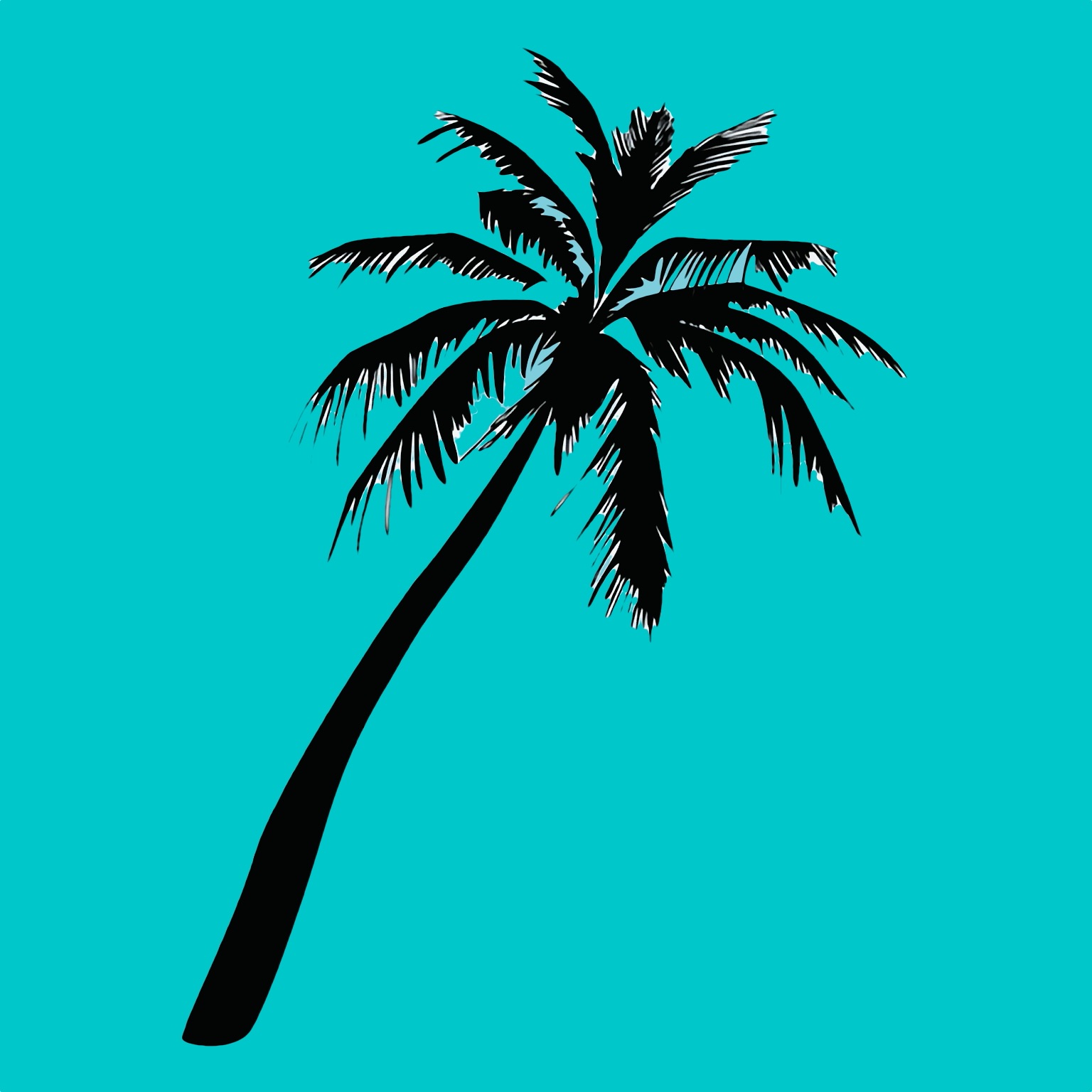The writer Umberto Eco belongs to that small class of scholars who are encyclopedic, insightful, and nondull. He is the owner of a large personal library (containing thirty thousand books), and separates visitors into two categories: those who react with “Wow! Signore professore dottore Eco, what a library you have! How many of these books have you read?” and the others — a very small minority — who get the point that a private library is not an ego-boosting appendage but a research tool. Read books are far less valuable than unread ones. The library should contain as much of what you do not know as your financial means, mortgage rates, and the currently tight real-estate market allows you to put there. You will accumulate more knowledge and more books as you grow older, and the growing number of unread books on the shelves will look at you menacingly. Indeed, the more you know, the larger the rows of unread books. Let us call this collection of unread books an antilibrary.
As a reader, I can tell you that I have been back and forth between paper and digital books. I’ve been kicking myself lately for selling or donating 85% of my library in the past.
It gives me joy to see physical books on the shelf again knowing that I have read a few or have something to look forward to.
Taking the idea of an anti-library further, it dawned on me that I am also curating a digital library of knowledge with links to web articles, books using PDF or everything I have saved as “read-it-later.”
As if I didn’t have enough to read, I recently subscribed to Apple News that includes newspaper and magazines.
The idea that the knowledge that comes from this anti-library is always available and readily accessible in both digital and analog form is beneficial and comforting. The fact that this library is an extension of my research tools is an added bonus.


[…] you are like me, hoarding content for future use, it can give off a false sense of knowledge. In my experience, the best way to understand something […]